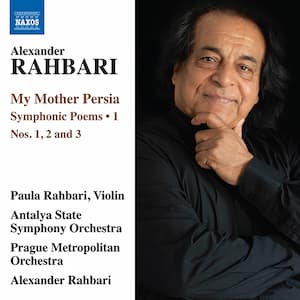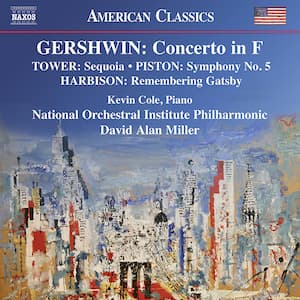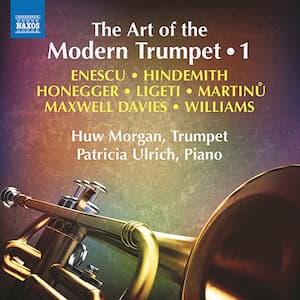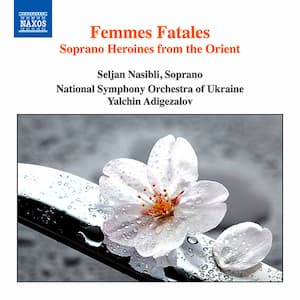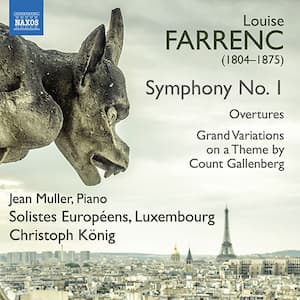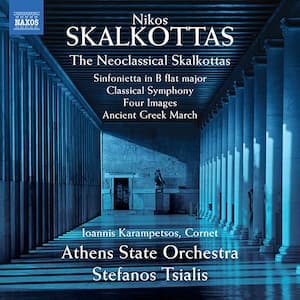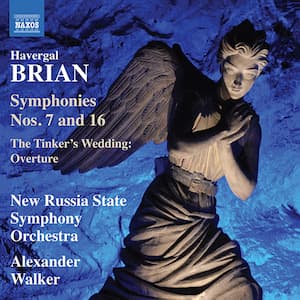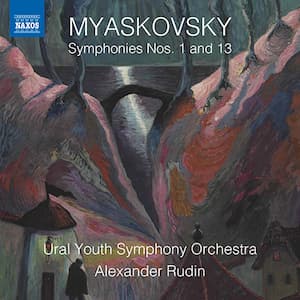Iranian composer Alexander Rahbari (b. 1948) had his compositional talent recognized before he was a teenager and when still a youth, agreed to a contract with the Iran Ministry of Culture to write a monthly piece of music. As a
My music
American composer John Harbison (b. 1938) had a family connection with F. Scott Fitzgerald (1896-1940) through his uncle who had been a member of same club at Princeton as Fitzgerald. After his first 2 operas failed, Harbison took up Fitzgerald’s
György Ligeti’s 1977/1996 opera Le Gran Macabre was commissioned by the Royal Opera in Sweden. It operated both as a summary of the previous 25 years of his compositional work and an overview of the human condition from ‘sex to
Euripes (480-406 BC) focused on the women of the war in his middle-period play The Trojan Woman. As was common with his middle period plays, this play looked, too, at the senselessness of war. One of the central women was
French pianist Louise (Dumont) Farrenc (1804-1875) was a piano student of Cécile Soria, who had studied with Clementi, and of Johann Nepomuk Hummel, who had been a student of Mozart, and Ignaz Moscheles, who had been a student of Salieri,
Founded in 1911 in Athens, the Lyceum Club of Greek Women is still active today. This historic educational, ethnological, and charitable organisation was the first organized women’s association in Greece. It had a role in the preservation and dissemination of
Havergal Brian (1876-1972) was one of the most prolific modern symphonists, writing 32 symphonies between 1919 and 1968. However, he considered his calling to be to the field of opera. Accordingly, he wrote 5 operas, works for voice and orchestra,
Russian composer Nikolay Yakovlevich Myaskovsky’s works always had an introspective and fatalistic quality and carried the 19th-century Russian qualities of symphonic music to a new level. After Stalin’s rise to power in 1928 and the institution of Socialist Realism became

